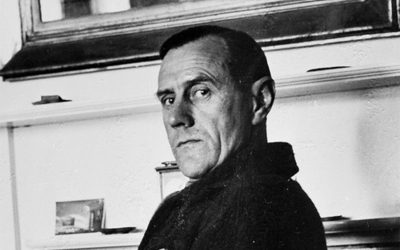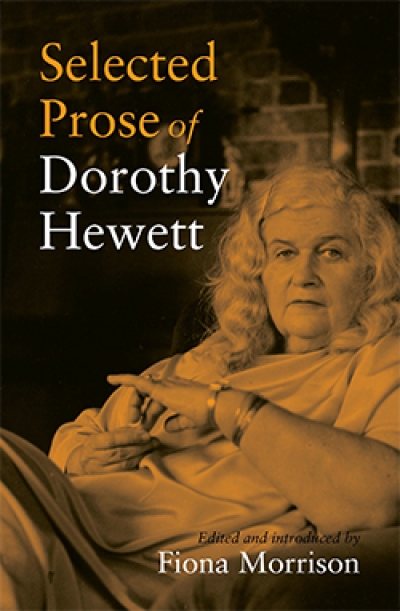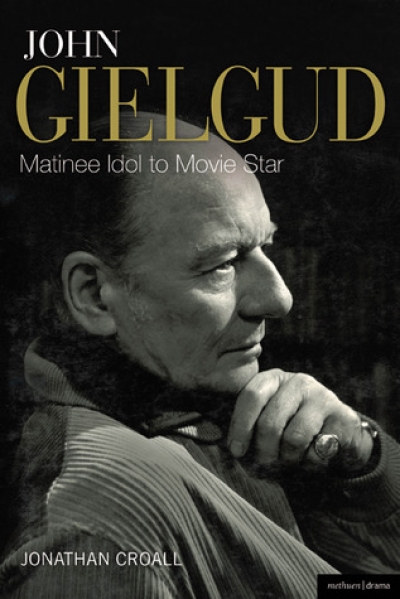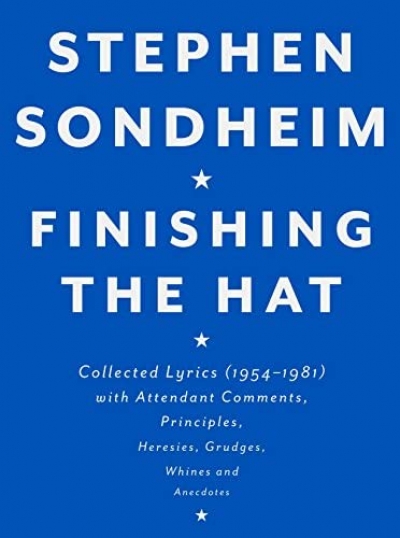Theatre
Film | Theatre | Art | Opera | Music | Television | Festivals
Welcome to ABR Arts, home to some of Australia's best arts journalism. We review film, theatre, opera, music, television, art exhibitions – and more. To read ABR Arts articles in full, subscribe to ABR or take out an ABR Arts subscription. Both packages give full access to our arts reviews the moment they are published online and to our extensive arts archive.
Meanwhile, the ABR Arts e-newsletter, published every second Tuesday, will keep you up-to-date as to our recent arts reviews.
Recent reviews
How is it that the sordid ‘familial romance’ of Laius, Jocasta, and Oedipus, or ‘daddy, mommy, and me’, came so completely to define the concept of desire in the modern West? For Deleuze and Guattari, authors of The Anti-Oedipus, that is the true sphinxian riddle at the heart of the Oedipus materials, the myth, and its subsequent interpretations from Sophocles to Freud and beyond. Forty years after the publication of their famous broadside against mainstream Freudian psychoanalysis, and notwithstanding a significant and growing body of sceptical opinion, the Oedipal complex is still widely regarded as humanity’s universal history. In fact, argue Deleuze and Guattari, it is nothing of the sort. Rather, they say, Oedipal desire is an historically contingent, socio-cultural consequence of capitalism. When psychoanalysts, historians, sociologists, anthropologists, ethnologists, and even dramatists reach for an Oedipalised analysis of social relations, they not only violently disfigure our understanding of desire, but also reinforce and normalise the omnivorous progress of capitalism and its patriarchal social forms.
... (read more)A Difficult Woman: The Challenging Life and Times of Lillian Hellman by Alice Kessler-Harris
By the time I found him twenty-five years ago in the Adelaide Hills, Glen McBride was old, tiny, spry, and ready to boast about his career. I doubt many readers have heard of this little man or know of his pivotal role in the literature of this country. That’s what had me knocking at his door. And though he disowned none of it in the hours we spent ranging over his life and times, what really perked him up was confessing his part in the salami and sausage business in that part of the world.
... (read more)I first saw Summer of the Seventeenth Doll in 1957 in London, of all places. I remember feeling some pride in seeing the symbolic kewpie doll presiding over the New Theatre in the heart of the West End. June Jago’s performance as Olive has stayed with me over the years; Philip Hope-Wallace, the Guardian reviewer, described her as ‘all chin and elbows, but as genuine a dramatic actress as you could find’, which suggested an element of surprise that she should be ‘found’ in Australia. Jago had been in the original 1955 Union Rep production and placed her stamp on Olive: she was to be a hard act to follow. When The Doll came to London, it had already won itself a unique place in Australian drama, but there had been some concern about how the Brits would receive a play about rough canecutters and free-and-easy barmaids. But critics like Hope-Wallace – and the influential Kenneth Tynan – hailed ‘this harsh, cawing, strongly felt play’. The imperial imprimatur sealed the success of The Doll. Its later failure on Broadway could be dismissed as a judgement on American audiences rather than on the play.
... (read more)







